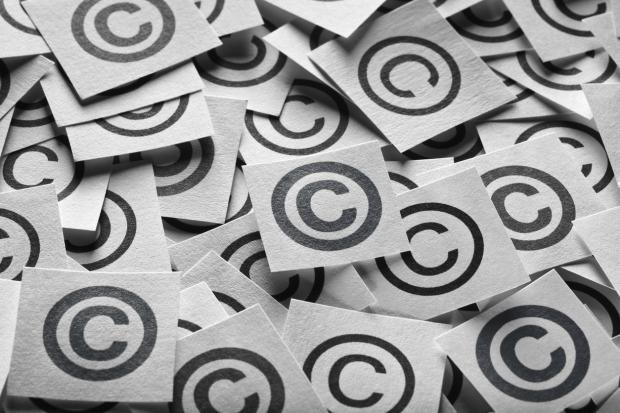
Breaking News
 Private Equity Plan to Steal Your Home.
Private Equity Plan to Steal Your Home.
 Comfy custom-fit saddle is 3D-printed according to data from your butt
Comfy custom-fit saddle is 3D-printed according to data from your butt
 WHO and EU Launch AI System To Monitor Social Media And Online "Misinformation" In Real T
WHO and EU Launch AI System To Monitor Social Media And Online "Misinformation" In Real T
 Why 'Mirror Life' Is Causing Some Genetic Scientists To Freak Out
Why 'Mirror Life' Is Causing Some Genetic Scientists To Freak Out
Top Tech News
 Future of Satellite of Direct to Cellphone
Future of Satellite of Direct to Cellphone
 Amazon goes nuclear with new modular reactor plant
Amazon goes nuclear with new modular reactor plant
 China Is Making 800-Mile EV Batteries. Here's Why America Can't Have Them
China Is Making 800-Mile EV Batteries. Here's Why America Can't Have Them
 China Innovates: Transforming Sand into Paper
China Innovates: Transforming Sand into Paper
 Millions Of America's Teens Are Being Seduced By AI Chatbots
Millions Of America's Teens Are Being Seduced By AI Chatbots
 Transhumanist Scientists Create Embryos From Skin Cells And Sperm
Transhumanist Scientists Create Embryos From Skin Cells And Sperm
 You've Never Seen Tech Like This
You've Never Seen Tech Like This
 Sodium-ion battery breakthrough: CATL's latest innovation allows for 300 mile EVs
Sodium-ion battery breakthrough: CATL's latest innovation allows for 300 mile EVs
 Defending Against Strained Grids, Army To Power US Bases With Micro-Nuke Reactors
Defending Against Strained Grids, Army To Power US Bases With Micro-Nuke Reactors
Copyright Law Sucks - Authors can be Compensated Without It!

Essentially, proponents of copyright in literature argue that they see no other way of compensating authors for their work. Indeed, many libertarians believe that intellectual property on the whole is harmful but make an exception for literature. If one can undermine the arguments in favour of copyright, then one casts doubt on the necessity of other forms of intellectual property.
But before we look at how authors can be compensated without copyright laws, let us remind ourselves of how consumers would benefit in such a world. Imagine if copyright laws were abolished or voluntarily relinquished. The ideas contained within literature could be transmitted, articulated, and modified with far greater ease. For example, people could easily obtain copies of works for free, meaning that everyone would pay what they are willing to for such content. As a consequence of this, ideas would be more widely accessible.

 SpaceX Heat Shield and Starship Mass Production
SpaceX Heat Shield and Starship Mass Production

